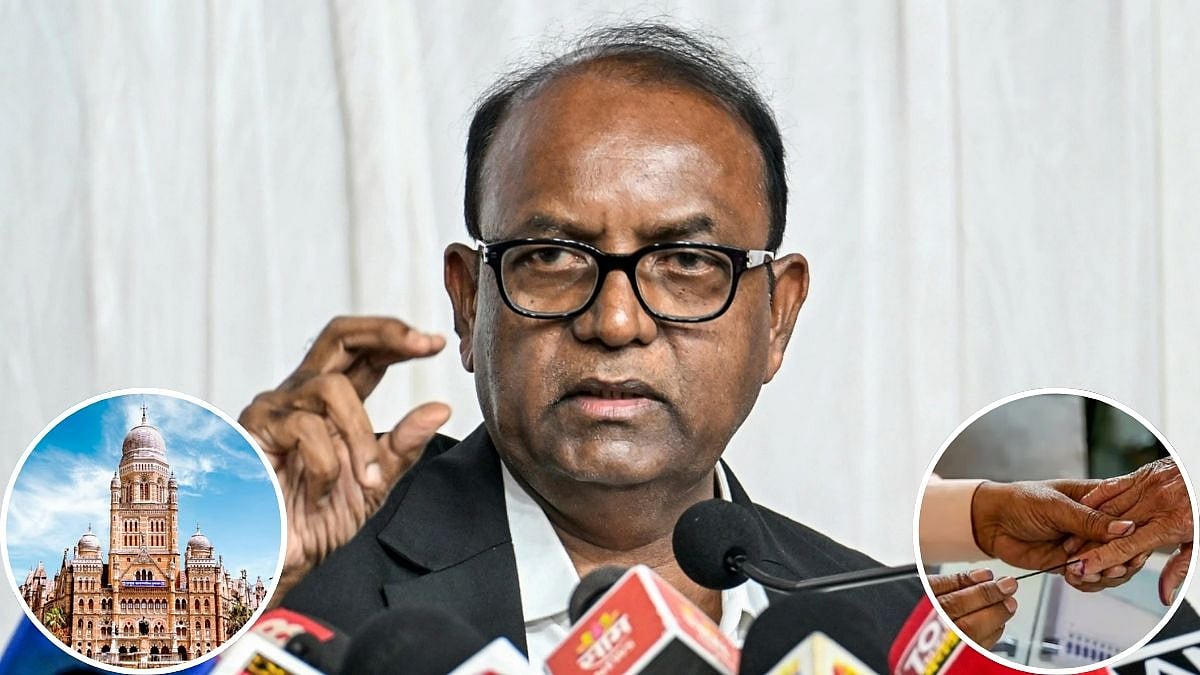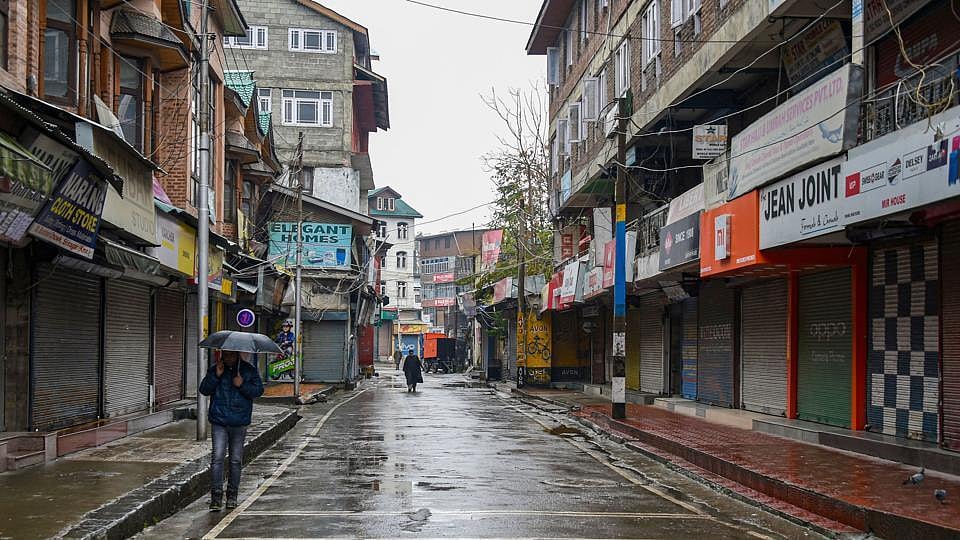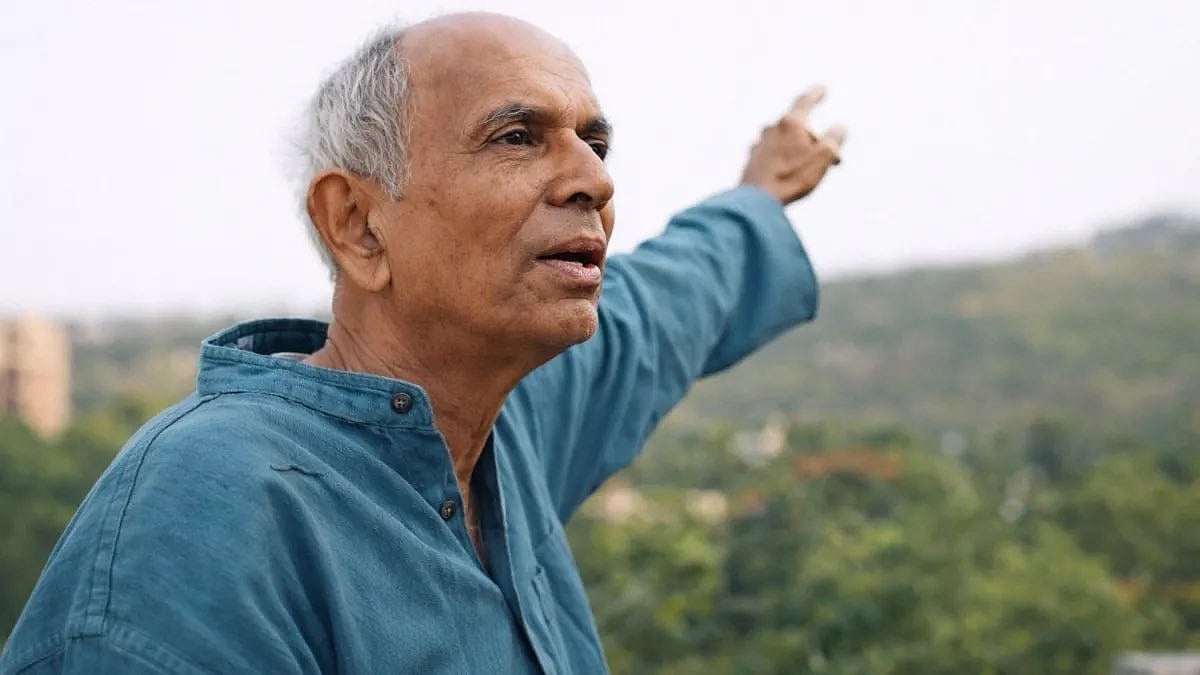Smartphones have changed our entire lifestyle. Of course, you have heard this before – and it the pandemic only accentuated it. Schools became operational on mobiles or computers. Many children were given old smartphones for studying. Now, even after schools have restarted schools offline, many children are using mobiles. The fallout of this is complex.
Mrs D came to my clinic seeking help. “Doctor, guide my child who is 14 years old. He is glued to his mobile relentlessly.” Many parents must be in a similar situation. I see many children – as well as adults – using screens excessively.
According to a survey conducted by the Internet and Mobile Association of India (IAMAI) 75% of adolescents have a smartphone. They use it for social media, texting and instant messaging. Of these, 22% see their mobile a minimum of 10 times in a day. Fifty per cent of people never switch off their mobile; 65% keep their mobile near their pillow while sleeping.
In fact, I see many are dependent on mobile memory for passwords, and even notes or points which can be remembered easily. Hence, human memory is not getting utilised at its best. All of the above tell us that we are overusing the mobile phone. Overuse can lead to addiction or compulsive use.
In fact, overuse of mobiles is a part of behavioural addiction, and is also called Problematic Smartphone Use to avoid stigmatisation. It includes preoccupation with mobile use, excessive time or money spent on mobile phones, use of the mobile in socially and physically inappropriate situations such as while driving or in school or class. In India it is estimated that 39-44% of the age group 10 to 14 years are affected by Problematic Smartphone Use, which is considered a sub-type of Internet Addiction Disorder.
Research published in the British Medical journal in 2019 showed that the amount of screen time is directly proportional to low self-esteem, inattention, hyperactivity and behavioural issues in children. Research has also shown that girls are more likely to use social media and boys to use video games.
Lack of mobile or lack of an internet connection may initiate anxiety or panic or restlessness in many people. It modifies human behaviour, for example avoiding going to certain places where a network is not available, or always ensuring availability of WiFi before visiting places. This causes a reward-learning behaviour of checking their phones constantly and has been termed Fear Of Missing Out (FOMO) by researcher and psychology professor Elliot Berkman.
Cyberbullying, attention deficit disorder and exposure to inappropriate content are some hazards of this kind of problematic mobile use. Here is a brief rundown of types of internet addictions:
Net compulsion: gaming, shopping and trading.
I see many adolescents so involved in gaming that they ignore their studies. Get irritable, even aggressive if not allowed to play games. Many adults are compulsorily buying things which are not required. It may be a sign of depression. Recently there have been incidents of people losing lakhs of rupees on online trading.
Information overload:
Without any purpose, many just keep on surfing on the mobile, reading anything they find even if it is not correct. People develop hypochondria due to this information overload.
Cyber-relationship addiction:
People keep on chatting on various dating sites and involve themselves in many relationships.
Computer (mobile) addiction:
These people always keep on thinking about the internet, and hence can't concentrate on their work or studies. They are literally glued to their phones, and if there is no network they become irritable and agitated.
Cybersexual Addiction:
Distinct from cyber-relationship addiction, this involves visiting porn sites. Over a period it may not be exciting enough and then people keep searching for new things. Still their sexual needs may not be satisfied and often they become depressed, and their relationship with their partner becomes miserable.
Smartphone addiction is thus more serious than many of us may think. Quality and quantity of sleep is affected; lack of proper sleep can lead to various physical and mental health issues. Staying away from the phone or losing the internet connection can cause anxiety to the extent that the person can become aggressive and require immediate attention.
How does one prevent mobile addiction? I advise some mobile etiquette.
* Do not talk on the mobile while interacting with a person face to face. If very important, then keep the mobile conversation short, less than 60 seconds.
* While working or studying, preferably keep the phone away or keep it on silent. Stop or mute all social media notifications. It's a huge distraction from studies or work.
* Avoid using your phone after coming home. Communicate with your family members, spend time with them. After this, if needed, work on the phone or use social media for an allotted specific time. ‘One meal without mobile’ is my mantra to all families, so that the family bonds together.
* Mobile phones also need sleep. Switch off your mobile daily and put it in a basket in the hall – unless you are someone working in emergency fields like doctors, disaster management offices or police officers.
* Avoid using a mobile for a minimum of two to three hours before sleeping.
If you are too involved in your mobile world, you will need to abstain from using the mobile for a few hours or even days. The only allowed use is to receive or make phone calls. We call this ‘mobile fasting’.
Some people are addicted to use mobile phones at particular times, such as watching porn at night or series in the evening or night. They become restless or aggressive if they can't use phones at this time. In such cases we use a technique called time reversal for such addiction. The time that is used for the mobile is utilised for doing other things like exercise or doing some chores, meeting friends or reading. Re-allocating the time for other things can help the person get weaned from the addiction.
It is primarily up to parents; to prevent smartphone overuse or addiction, parents should give their children only a simple phone to communicate or message, to be used as a necessity like books and uniforms. Ideally, there should be no social media use till 18 years of age, and mobile phones should be used in common spaces such as the living room, in front of others and not behind closed doors of the kids’ rooms. Most important, parents should educate their children about the dangers of social media and safety principles to follow.
The mobile phone can be as dangerous as it is useful – it is entirely up to us, how we use it and what precautions we take while using it.
Dr Shailesh Umate is a consultant psychiatrist, sexologist and addiction specialist, whose mission is spreading awareness about mental health and well-being









